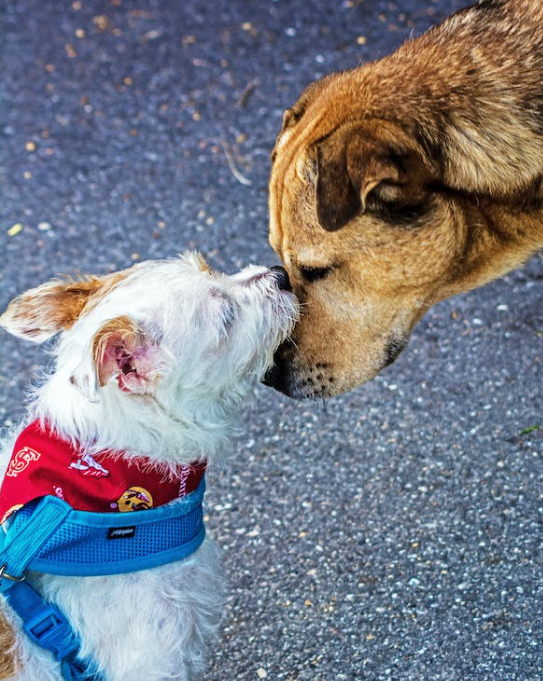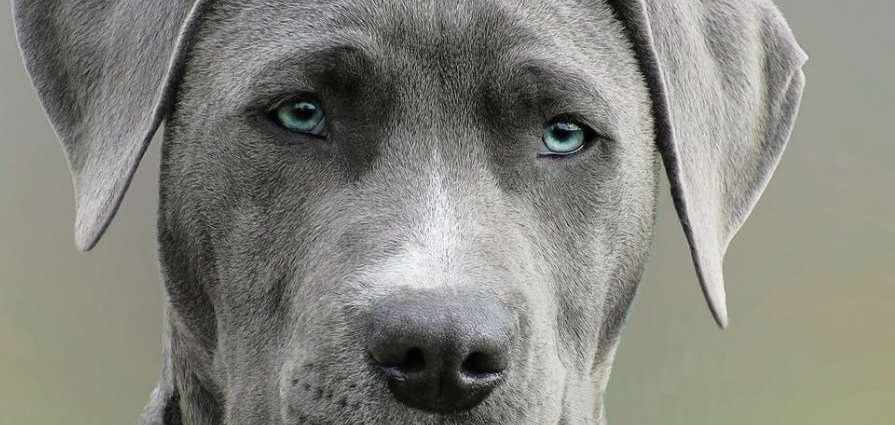Every dog owner can not avoid the question, should I do the Dog castration or not. Neutering a dog has its advantages and disadvantages. But the decision is always up to you.
The long-term effects of neutering on the health of dogs have both good and bad sides. However, the evaluation often leads to the following conclusion: No single conclusion can be made about preventing future health problems for all neutered male dogs, especially when young, se*sually mature individuals are involved.
Dog castration: health risks dependig vary from dog to dog.
The general opinion is that unless there is a specific reason for breeding, a pet should be neutered earlier to prevent unwanted pregnancies, minimize aggressive behavior, and reduce the likelihood of various forms of tumors in old age. The belief is that every dog should keep its testicles to preserve its “manhood.” However, dogs do not need to mate because there is no objective reason to do so. Mating does not make a dog a better or more affectionate pet, and the presence of reproductive organs can make it more difficult to raise.
In addition, male dog owners are just as responsible as female dog owners for all newborn puppies. This means that for any puppy that is not adopted, there is also an ethical responsibility.
Dog castration: Side effects
The following behavior can be observed in dogs that have not been neutered: Urinating on everything and everywhere (including furniture, curtains, shoes, etc. in your household), a significant change in behavior around female dogs when hunting (once they mate, this behavior can be significantly intensified in contact with pursuing females), many dogs actively search for a female to mate with (they jump over the highest fences, break fences, etc. ), sometimes they are aggressive towards other dogs and jump over them (this can take a long time), they often refuse food offered to them when they are sniffing after a bitch somewhere, sometimes they are very aggressive towards bitches, and to satisfy the urge they jump on objects and people, howling and whining for weeks …
Neutered dogs are usually better behaved. Not only do they not have such urge to wander (looking for a bitch to chase), they do not mark their territory by urinating (testosterone – a male hormone – is the main driver of this urge related to dominance), they are it less aggressive towards other dogs. These undesirable behaviors are especially under control if the dog is neutered at 9 to 12 months of age, before it is se*ually mature and develops bad habits. Then, dogs with more submissive behaviors have been shown to make better pets when neutered. However, since neutering only reduces the production of the hormone testosterone, the dog with a dominant character retains the desire to run around and behave more aggressively. If neutering is done as a measure to prevent undesirable behavior without discipline and retraining inside and outside the home, it will not solve the problem on its own.
It is also believed that animals gain weight after neutering, but this is closely related to the amount of food and activities the dog eats. In a healthy dog that does not have hypothyroidism or any other disease, excessive feeding and insufficient activity will cause weight gain, not neutering. Weight gain immediately after surgery may be caused by changes in hormone levels. Weight gain can only be worsened by feeding high-energy food to an animal with reduced energy needs. Excess food energy leads to excess body fat.
Castration in dogs
The neutering procedure itself is performed under general anesthesia, so there is always a risk with any surgical procedure performed under general anesthesia. It has been proven that young dogs tolerate surgery better than older dogs. During the surgery itself, dogs can react unpredictably to anesthetics and unanticipated bleeding can occur. Complications can also occur after surgery (adverse body reaction to choice of surgical material or secondary wound infection).

According to research, the following has been shown: Dogs neutered before puberty have longer legs, flatter chests and narrower skulls compared to non-neutered dogs of the same breed, which is due to hormones that, in addition to regulating neutering in dogs: side effects Dog castration: Side effects mating activity, also interact with hormones that do this control the growth of muscles, bones and tendons. These physical differences put more stress on the joints and can lead to orthopedic problems in active and working dogs. When neutering is performed before se*ual maturity, the risk of osteosarcoma increases slightly (this is a common tumor with a very poor prognosis in medium and large breed dogs), the risk of cardiac hemangiosarcoma is increased, the risk of hypothyroidism triples the risk of impaired cognitive function in older dogs increases, the risk of orthopedic disease increases.
Neutering reduces the risk of testicular tumors, reduces the risk of cancerous and non-cancerous prostate disease, reduces the risk of perianal fistulas, and possibly reduces the risk of diabetes.
Source: Animalsawwe
